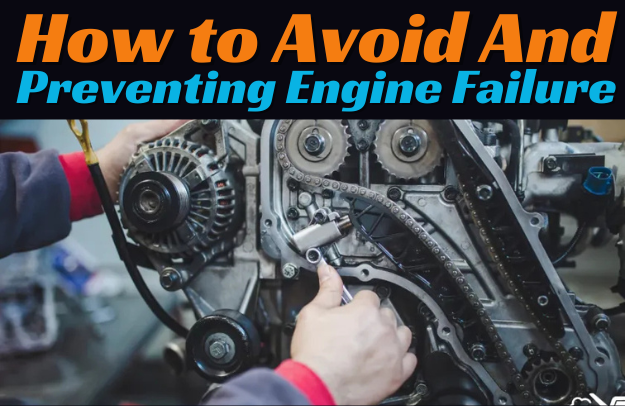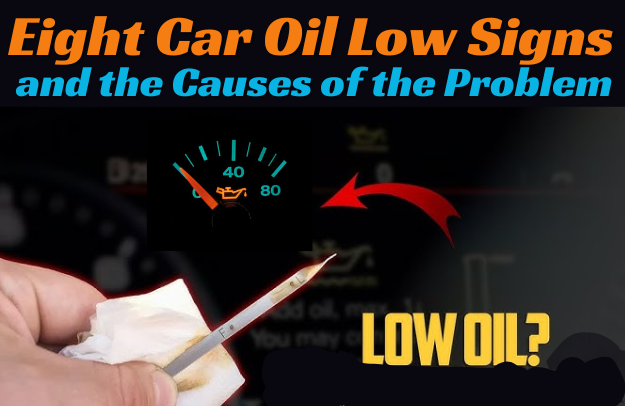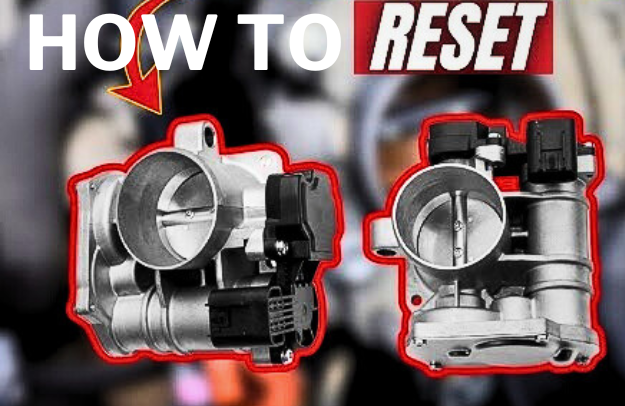Engine failures often build up over time due to neglect or small mistakes. Preventing these issues is possible through regular maintenance and good driving habits, as most engine failures can be prevented.
These tips are designed to prevent engine failure, ensuring smooth operation for years to come, regardless of driving experience.
Regular Oil Changes
Regular oil changes are crucial for engine performance, as neglecting them can lead to engine failure. Oil, like the blood in the body, helps reduce friction and prevent overheating. However, over time, oil accumulates dirt and becomes thick, causing excessive wear and tear. Manufacturers recommend oil changes every 3,000-7,500 miles, depending on usage.
Oil Filters
The oil filter it traps dirt and debris preventing them from circulating through the engine a clogged oil filter can be just as damaging as dirty oil itself keep an eye on your engine cooling system engines generate an incredible amount of heat when they run and without a properly functioning cooling system they can overheat within minutes the cooling system circulates a mixture of water and antifreeze through the engine to absorb excess heat and regulate temperature however if you ignore your coolant levels you risk serious engine damage low coolant can lead to over heating which in turn can cause head gasket failures cracked engine blocks and even complete engine breakdowns a leaking radiator hose a failing water pump or an old thermostat can also contribute to cooling system failure to prevent overheating check your coolant levels regularly and top them off if needed but remember never open the radiator cap while the engine is hot pressure inside can cause hot coolant to spray out potentially burning you instead wait until till the engine is cool before checking or adding coolant and don’t forget to flush and replace your coolant every 30,000 to 50,000 Mi to remove any buildup of rust and contaminants don’t ignore the check engine light a check engine light is often seen as a source of anxiety for drivers but ignoring it can lead to costly repairs down the road this warning light doesn’t always mean immediate danger but it does indicate that something in your engine isn’t functioning properly
Check Engine Light
Check engine lights are often caused by loose gas caps, faulty oxygen sensors, worn spark plugs, or catalytic converter issues, which can reduce fuel efficiency and cause long-term engine damage.


